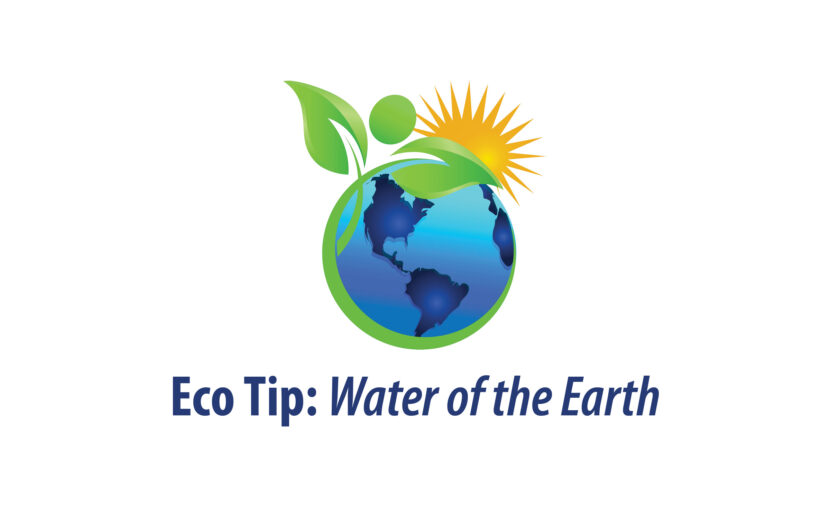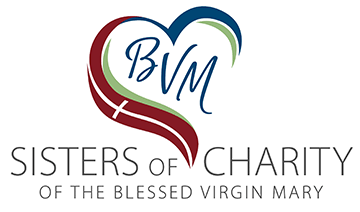Eco Tip: Water of the Earth

Reflection
The United Nations World Water Development Report notes that water use has been increasing worldwide by about 1% per year since the 1980s. This is the result of population growth, socio-economic development, and changing consumer patterns. Water use has increased six-fold over the past century. Globally, more than 785 million people do not have access to at least basic water services.
By 2025, half of the world’s population will be living in water-stressed areas. One in three people in 2019 did not have access to safe drinking water. Absent, inadequate, or inappropriately managed water and sanitation expose individuals to preventable health risks. Contaminated drinking water is estimated to cause 485,000 deaths each year.
Women and girls are more likely to be responsible for collecting water for the family for drinking, cooking, cleaning, and sanitation. In 2017, women and children were responsible for the collection of water in eight out of 10 households without an onsite water supply. These responsibilities make it difficult for young people, especially girls, to attend school.
Response
World Water Day has been celebrated on March 22 every year since 1993. The focus is on fresh water. A goal for World Water Day is water and sanitation for all by 2030.
How will you observe World Water Day?
What does the availability of safe water mean to you?
Recall the TV news programs showing young girls carrying water long distances for their family’s use for drinking, cleaning, cooking, and sanitation. Due to this need for water, countless young women cannot attend school. Consider the long-term effects due to this situation.
How might you develop a better understanding of the current necessity for easily available, clean, safe water for all?
—BVMs Luann Brown and Rose Mary Meyer
Sources: Centers for Disease Control and Prevention, United Nations, UNESCO (United Nations Educational, Scientific, and Cultural Organization); UNICEF (United Nations Children’s Fund), WHO (World Health Organization)
